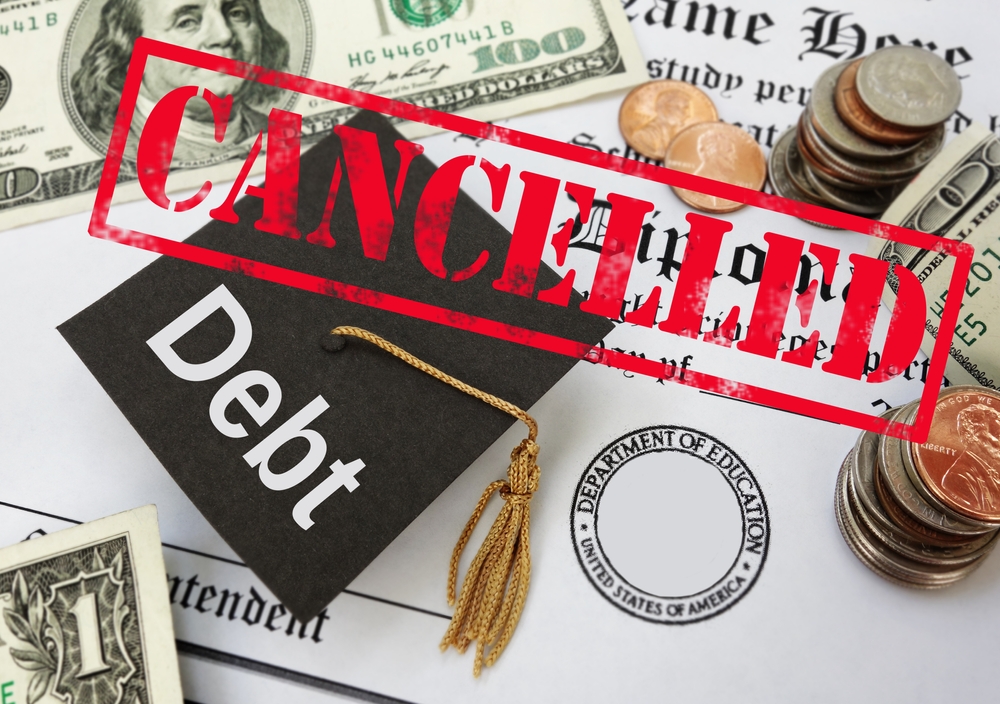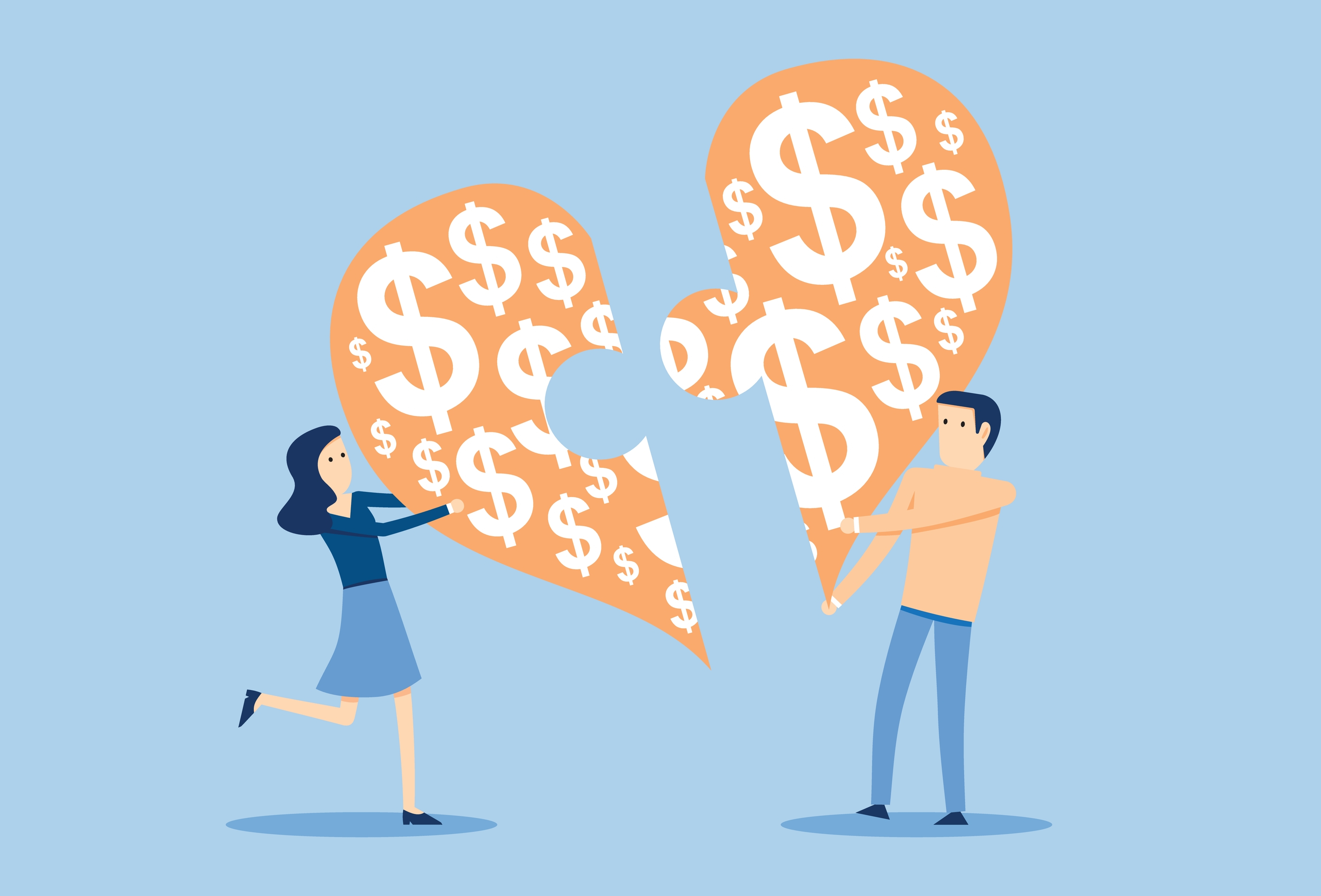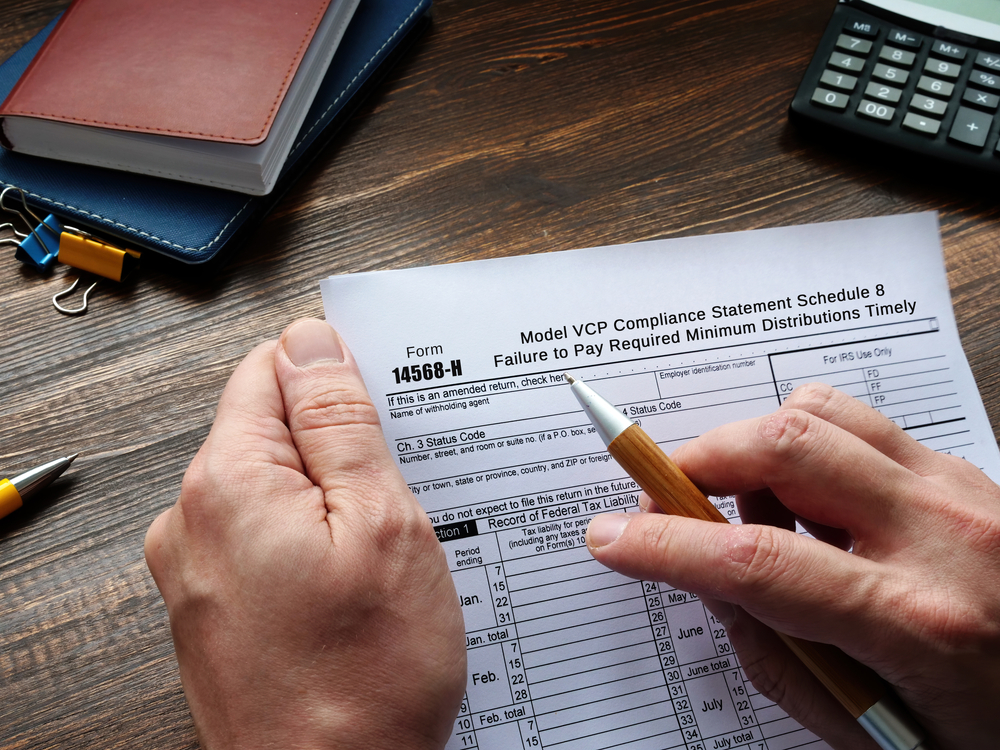When Debt Forgiveness Might Work for You

Recently Five Pathways Financial founder Nate Towers weighed in as one of the experts featured on CBS and MSN in the article titled, “Is debt forgiveness a good option right now? Here's what experts say.”
Debt forgiveness is when a creditor, like a lender, bank, credit card issuer, or someone else you owe money to agrees to cancel the outstanding debt you have with them—either in full, or a partial amount.
Debt forgiveness is more common with certain types of debts, like federal student loans. Nate says, "These are often forgiven through government programs or for people working in public service. You can get a big chunk of your student loans wiped out if you qualify."
Other types of debt may also be forgiven. For instance, you also may be able to get medical bills forgiven or reduced, especially if you're facing financial hardship. Or you may receive tax debt forgiveness from the IRS, though it's technically called an "offer in compromise," according to Nate. Finally, credit card issuers will sometimes forgive a portion of your outstanding balance, but typically only in certain circumstances.
The Downsides to Debt Forgiveness
Debt forgiveness may sound ideal, but keep in mind that there a couple of downsides you may face. For one thing, you may have to pay income taxes on the amount of debt forgiven, which could throw you into a higher tax bracket on your next tax return come April.
On top of this added tax burden, debt forgiveness can also hurt your credit score, which can make it harder to get a loan or apply for credit in the future. Finally, applying for debt forgiveness is a time-consuming and challenging process. "Prepare to meet high eligibility requirements. Be ready to prove you are struggling financially. Prepare to fill out numerous forms and applications."
The Bottom Line
If you're deep in debt, keep in mind that debt forgiveness isn't your only debt relief option. You can also explore debt consolidation, which is when you use a single loan or card to pay off all your debts, essentially rolling them into one lower-rate balance. Credit card balance transfer offers that come with promotional 0% rates can be a good tool for this, but as Nate points out, "Just be careful not to fall into the trap of using that new credit for more spending after you consolidate." The point and goal is to get out of debt.
Keep in mind that you may be able to work with a financial advisor or a debt relief company to help you get out of debt. But it may make sense to start the process by contacting your creditors directly to try and negotiate a better deal for yourself. The worst thing they can say is no.
Read the full article here:
https://www.cbsnews.com/news/is-debt-forgiveness-a-good-option-right-now-heres-what-experts-say/
At your fingertips, anytime, anywhere.
Wherever the road takes you, we’re right by your side. Think of us as retirement GPS without the annoying robot voice.
Here to help you make sense of it all.
Don’t just retire. Retire with a purpose. Our Mission is to make your retirement better, plain and simple. We’re real people with families and goals, just like you. So we understand how personal retirement is. We’ll be with you every step of the way, making sure you’re always on the right path.


